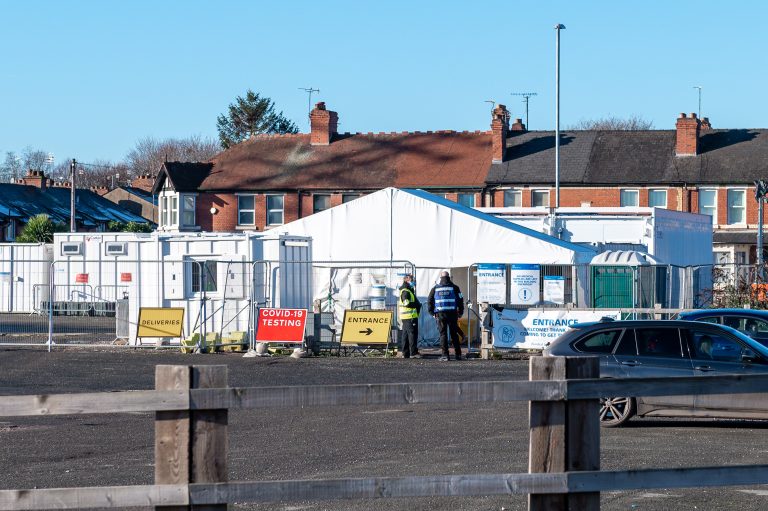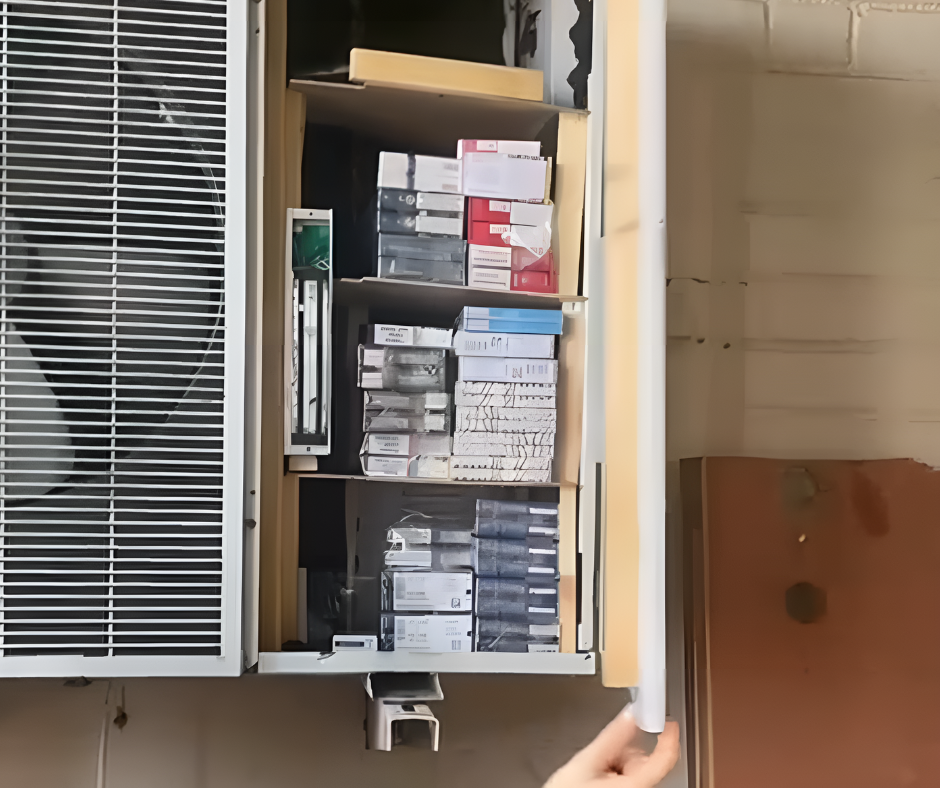Latest figures released by Public Health England indicate that there has been a sharp rise in the number of COVID-19 cases being recorded in Herefordshire over the past week.
In the seven day period ending 10th March, a total of 1,173 new cases of the virus were recorded in Herefordshire. This is an increase of 84.7% on the previous seven day period, giving an infection rate of 605.8 cases per 100,000 population. The Credenhill, Weobley & Wellington area is the area recording the highest COVID-19 infection rate in Herefordshire, with a total of 101 new cases recorded in the seven day period ending 10th March, giving a COVID-19 infection rate of 1,045 cases per 100,000 population.
Here is a list of places in Herefordshire that you can pick up free lateral flow test kits this week:
Wednesday 16 March
- Market House, Ledbury, from 10am
- Market Fair, High Town, Hereford, from 10:30am
Thursday 17 March
- Co-op, Bromyard, from 10:30am
- Co-op, Bobblestock, from 10:30am
Friday 18 March
- Market Fair, High Town, Hereford, from 10:30am
- Morrisons, Ross-on-Wye, from 11:30am
Saturday 19 March
- Halo Leisure Centre, from 9am
From Herefordshire Council:
As government lifts the last of its legally-binding restrictions, we’re asking people to continue the good habits that helped minimise the spread of coronavirus.
As Covid restrictions are dropped, we’re reminding residents that we have not seen the last of the virus. We therefore ask residents to continue with the good habits they formed during restrictive periods wherever and whenever possible. These include:
- Getting vaccinated
- Letting fresh air in if meeting indoors; or meet outside
- Wearing a face mask in crowded and enclosed spaces, especially where you come into contact with people you do not usually meet and when transmission rates are high
- Trying to stay at home if you feel unwell
- Taking a test if you have Covid symptoms and staying at home and avoiding contact with other people if you test positive
- Washing hands regularly with soap and water
- Following advice to catch it, bin it, kill it
More information is available on our webpage.
Self-isolation
The legal requirement to self-isolate following a positive test has now ended. But adults and children who test positive are still advised to stay at home and avoid contact with other people for at least five full days. They should continue with this until they have two negative test results on consecutive days.
Contact tracing
Close contacts who are fully vaccinated, and under-18s, are no longer required to test daily for seven days. Nor are close contacts who are not fully vaccinated legally required to self-isolate. Routine contact tracing has also ended. However, close contacts (household or overnight stays) are advised to take additional precautions such as working from home if they can, avoiding contact with anyone at higher risk and limiting close contact outside their household. Children and young people who are household contacts of a case are advised to attend settings as normal.
Testing
There will be a step-down in the provision of testing for the general public over the coming months. Regular asymptomatic testing in mainstream education settings is no longer advised. However, routine asymptomatic testing will continue in health and social care settings and there is no change in the mitigations for staff identified as cases or contacts.
The NHS is offering vaccines to at-risk children and those who live with immunosuppressed people in this age group. Parents and guardians of at-risk 5-11-year-olds should wait for the NHS to contact them if it hasn’t already done so.
The department for education Covid-19 helpline can answer questions relating to education and childcare settings and children’s social care.
There is a lot more detail on the government webpage: COVID-19 Response: Living with COVID-19 – GOV.UK (www.gov.uk).
Dr Rebecca Howell-Jones, our acting director of public health, said:
“It’s good news that government feels sufficiently confident to remove restrictions. But, it’s also important to remember that the virus is still with us. Indeed, we’re all being asked to start ‘living with Covid’.
“In light of this, we ask residents to take personal responsibility and consider other people who may be more vulnerable. We can all do this by getting vaccinated and sticking with the really good habits we adopted while restrictions were in place, particularly around hygiene.




